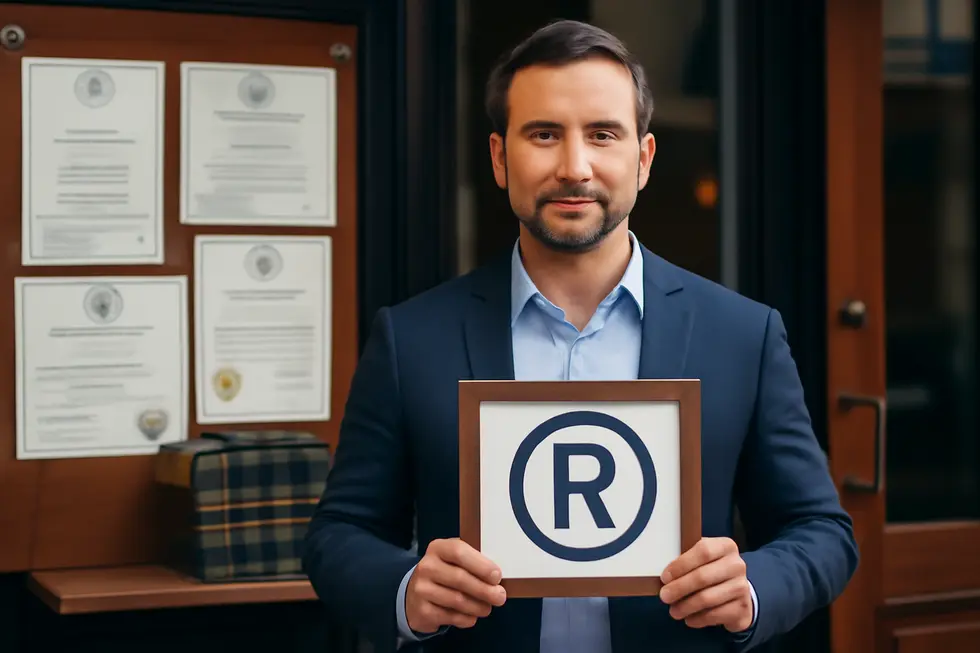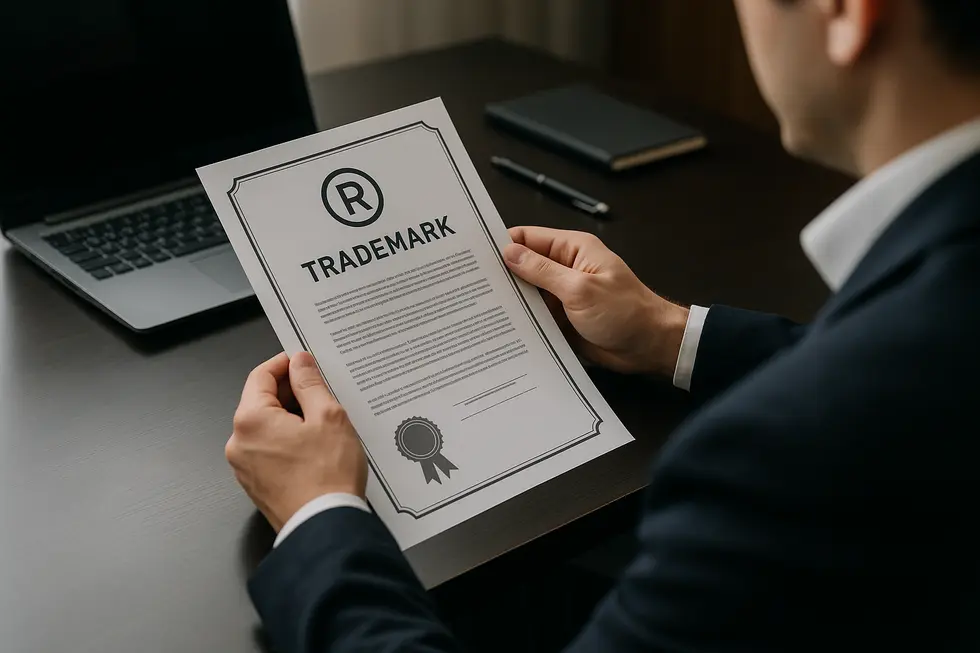Choosing the right business name is a crucial step in establishing your brand identity. However, business owners often wonder whether they can use the same name as another company, especially if it is already registered in their state or elsewhere. The answer to this question depends heavily on state business registration rules and trademark law. To navigate this landscape effectively, understanding both the administrative requirements for business name uniqueness at the state level and the legal protections offered by trademarks is essential. This knowledge helps you avoid potential conflicts, legal risks, and costly rebranding down the road. The first chapter explores state registration and the uniqueness requirements for business names within jurisdictions, while the second chapter delves into trademark protection and the broader legal implications of choosing a name already in use.
Navigating State Rules: Why Your Business Name Must Be Unique Locally

When considering whether you can use the same business name as someone else, it’s crucial to understand the requirements imposed by state-level registrations. States generally mandate that legal business names, such as LLCs or corporations, must be unique within their jurisdiction to prevent confusion among customers and protect existing brand identities. This means if a business with your desired name is already registered in the state, attempting to register the identical or even a confusingly similar name will almost certainly be rejected during the registration process.
This requirement extends to trade names or “doing business as” (DBA) names. Many states enforce the uniqueness of DBAs within their borders to avoid misleading the public. For instance, Delaware’s recent legislation explicitly demands all DBAs be distinct statewide, disallowing duplicate or similar names starting in 2026, and requiring current DBAs to re-register under the new standards. This centralized approach aims to tighten controls and eliminate the prior gaps where confusingly similar trade names could coexist in the same market.
While registering your business or DBA name protects you within your state, this protection does not automatically extend nationwide. State-level registration primarily serves administrative, tax, and consumer protection functions locally—it does not grant exclusive legal rights to the name outside your jurisdiction. For nationwide exclusivity and stronger protection against others using your business name or a similar one, federal trademark registration is necessary. It provides you with enforceable rights in your market sector across the country.
Moreover, informal businesses, like sole proprietorships, often must register DBAs at the county or local level, subject to similar uniqueness requirements. Some states also offer name reservation options to help you secure your desired name temporarily while preparing your registration.
To safeguard your business identity effectively, initiating thorough name availability checks through your state’s Secretary of State website is essential. Coupling this with a federal trademark search helps avoid infringement on protected names and prepares you for long-term branding strategies. For comprehensive guidance, consulting a trademark expert or state registration office remains invaluable.
Learn more about protecting your brand and the importance of trademarks through this detailed resource on охраняемые законом товарные знаки.
For detailed insights about recent state DBA registration changes, see Delaware’s overhaul of its DBA process здесь.
Navigating Legal Risks When Using a Business Name Already in Use

Using the same business name as another entity can expose your business to significant legal risks, particularly under trademark law. Trademark protection exists to prevent consumer confusion about the origin of goods or services. When two businesses operate in the same or similar industries using identical or closely resembling names, customers might mistakenly believe the businesses are related or share affiliation, which could result in trademark infringement claims.
A key factor courts examine in these disputes is the “likelihood of confusion.” This involves analyzing how similar the names are, whether the products or services overlap, the geographic market each business serves, and any evidence that one party intended to confuse or capitalize on the other’s reputation. Even absent malicious intent, simply operating under a confusingly similar name in the same sector might constitute infringement.
Famous or well-established brands receive broader protection under trademark dilution laws. This means that even if the businesses operate in unrelated markets, using a famous brand’s name could impair its distinctiveness and provoke legal action. Hence, attempting to use a name identical to a widely recognized brand is risky regardless of your industry.
Registering your business name as a trademark substantially strengthens your legal position. A registered trademark grants exclusive rights to use the name in connection with specified goods or services and streamlines enforcement against unauthorized users. Without trademark registration, your rights depend largely on state-level business name registration, which is limited to administrative purposes and does not stop others from adopting similar names elsewhere or in other industries.
Good faith versus bad faith use factors into the remedies available but does not eliminate infringement if confusion arises. Even unknowing use of a conflicting name can lead to costly legal disputes and compel rebranding.
In summary, using a business name already taken—especially within related markets—carries legal risks that should not be underestimated. Early registration of trademarks and consulting with intellectual property legal experts is the best way to safeguard your brand identity and minimize potential conflicts. For those seeking to understand how trademark law protects brand identities and to explore your options, a detailed resource on охраняемые законом товарные знаки предлагает ценные идеи.
Заключительные мысли
Choosing and protecting your business name is more complex than simply registering it with your state. State registration ensures name uniqueness within a jurisdiction, preventing direct conflicts with businesses registering identical or confusingly similar names locally. However, this protection is limited in scope and does not provide exclusive rights beyond administrative purposes. To legally protect your brand and prevent others from using the same or similar names across states or industries, obtaining a trademark is essential. Trademark registration not only grants exclusive rights but also empowers you to enforce those rights against potential infringers. For business owners serious about building a lasting, recognizable brand, understanding the differences between state registration and trademark protection—and acting accordingly—can make all the difference in avoiding legal disputes and securing your market position.
Get your trademark today! Thousands of businesses have protected their brand by filing a trademark. What are you waiting for? Start your trademark application now!
О нас
The globe’s top website for registering trademarks and safeguarding your brand, name, logo, or slogan. We provide comprehensive tools, expert guidance, and seamless filing processes to help business owners secure exclusive rights and protect their intellectual property with confidence.







